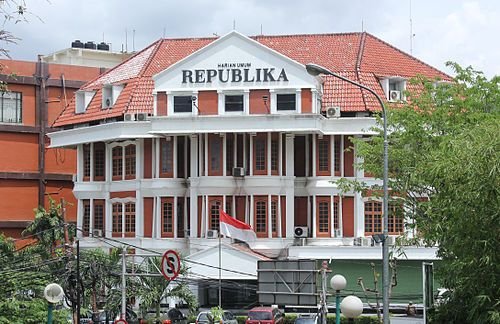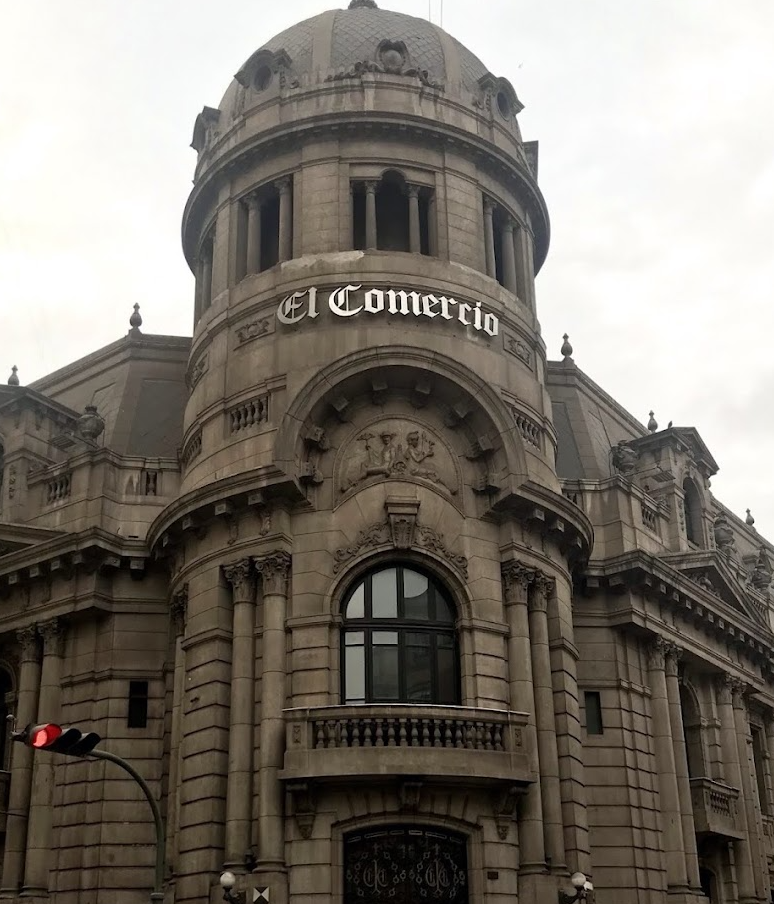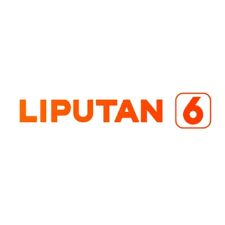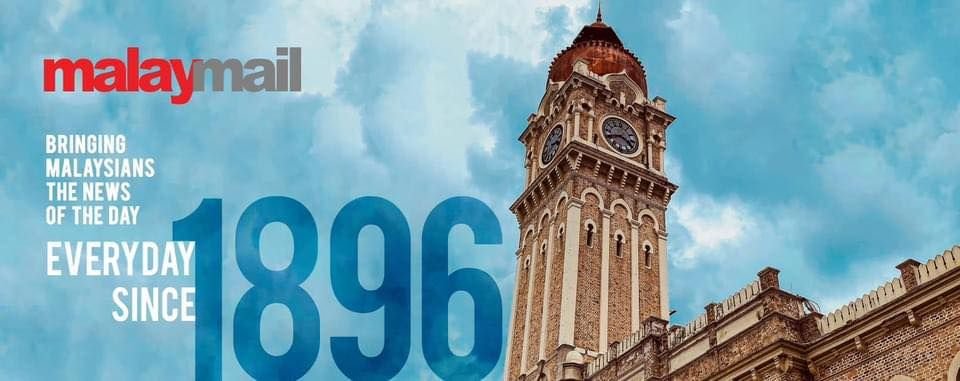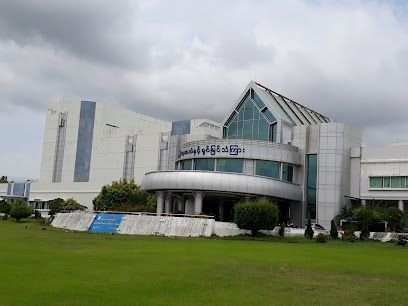Morgunblaðið
Founded in 1913, Morgunblaðið is a leading Icelandic daily newspaper headquartered in Reykjavík. Traditionally aligned with the center-right Independence Party, it has long championed individual liberty, private enterprise, and Western alignment. Though it historically functioned as an unofficial party organ, the paper asserted editorial independence by the 1980s. In 2009, following the financial crisis, the appointment of former Prime Minister Davíð Oddsson as co-editor shifted its stance further right, drawing criticism for prioritizing political interests. Despite digital competition, its online platform, mbl.is, remains a primary news source, maintaining the publication’s influential role in Icelandic civic discourse.


